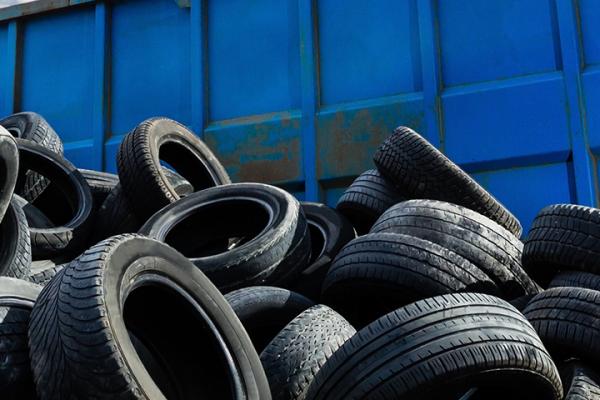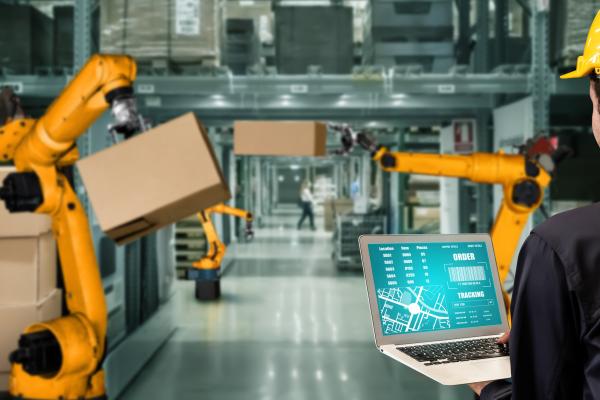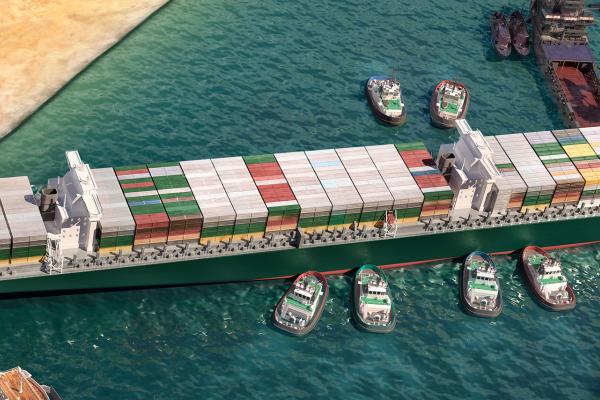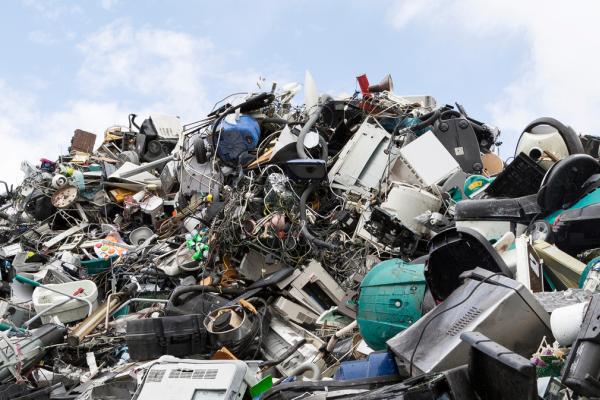Thermal decomposition is helping to green two major EU manufacturing industries.
Advances in plane technology promise one day to help many people in Europe and elsewhere get a better night’s sleep.
A group of critical raw materials may help Europe reduce supply-chain vulnerabilities.
In addition to generating clean energy, sea locations with turbines could be used to grow mussels, oysters and seaweed.
New machines can improve conditions for workers and boost industrial productivity.
Research projects in Europe developed water-surface scanners and better hull designs to tackle shipping accidents.
Drawing inspiration from birds, fish and even worms, researchers in Europe are developing machines to explore places on Earth that are difficult for people to reach.
Sensors, “smart” buoys and high-tech traps can make fisheries in Europe more sustainable and profitable.
Researchers in Europe are working to counter potential risks from nanomaterials used by a range of industries for technological advances.
Extracting gold, silver and other commodities from discarded goods has industrial, geopolitical and environmental benefits for the EU.














